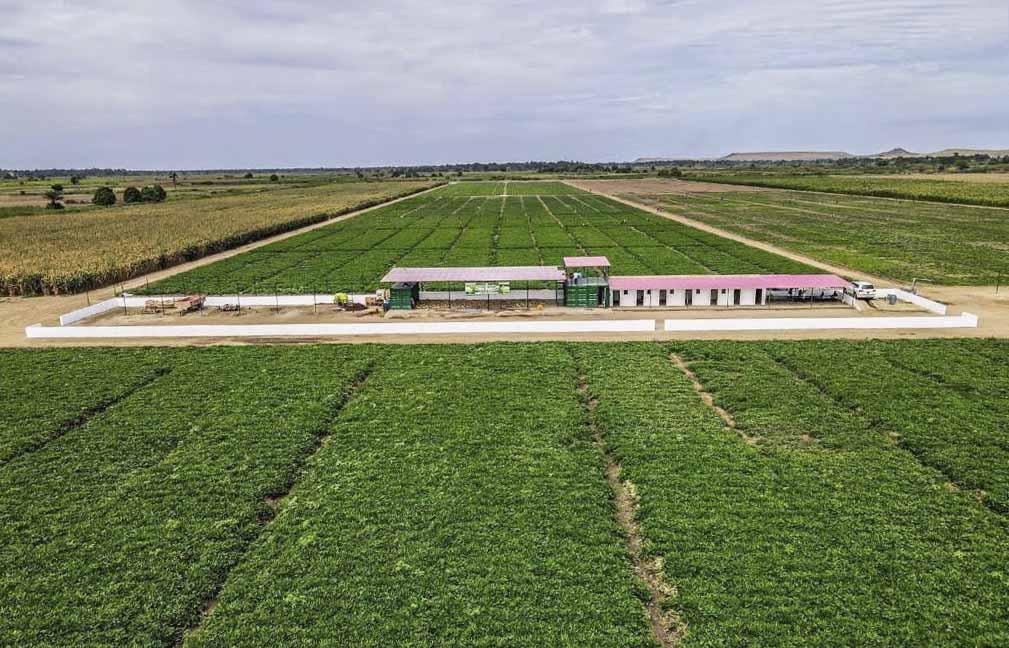Africa-Press – Botswana. Botswana’s recent decision to reopen its market to South African agricultural produce should be met with reciprocal measures, as both countries stand to benefit from deeper cooperation in agricultural value chains.
This was said by Ministry of Trade and Entrepreneurship’s Chief Negotiator, Mr Phazha Butale who emphasised the importance of sustained engagement between the neighbouring countries to strengthen agriculture and agro-processing industries.
He noted that the two nations should develop joint mechanisms to address instances of bumper harvests that may leave producers with unsold stock. In such cases, he said, temporary or partial restrictions could be introduced, supported by a clear communication system to ensure traders are not negatively affected.
He said that Botswana’s import restrictions were designed to build competitive capacity of local farmers, enabling them to eventually compete on equal footing with foreign producers. This strategy, he said was complemented by various government initiatives aimed at boosting the agricultural sector.
Mr Butale said that regional trade works best when it flowed in both directions, as countries must sell what they produce in order to generate revenue to purchase what they do not have.
According to him, lifting the import ban had already yielded benefits for consumers by improving supply, lowering prices, and expanding the variety of available vegetables.
He warned, however, that extended protectionism may lead to complacency among producers, resulting in reduced quality and increased prices. While increased imports generally push prices downward,
Mr Butale cautioned that excessive price drops could disadvantage local farmers if prices fell below the cost of production, potentially forcing some out of business. He said that lifting of the ban could therefore be good for consumers because increase in supply would normally drive prices downward.
CTOC Farms’ Ms Chedza Siwawa said that lifting the ban had benefited both consumers and retailers through improved supply, quality, and affordability.
However, she emphasised that Botswana’s horticulture sector still needed some level of protection, as local producers struggled to compete with the scale, pricing, and quality of South Africa’s large horticultural enterprises.
For More News And Analysis About Botswana Follow Africa-Press






